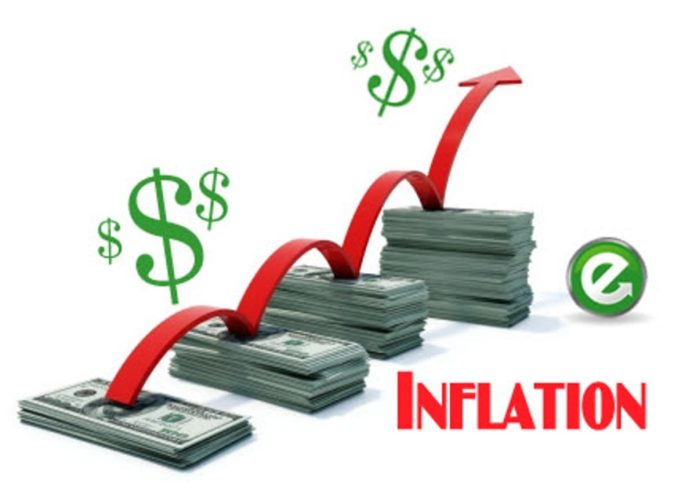Inflation, an economic challenge, characterized by a sustained increase in the general price level of goods and services, has plagued Nigeria for decades.
As a resource-rich nation with a rapidly growing population, Nigeria’s struggle with inflation has far-reaching negative effects that touch every aspect of the Nigerian economy.
Purchasing Power Erosion
One of the most immediate and palpable impacts of inflation is the erosion of purchasing power. As prices of goods and services rise, the average consumer finds it increasingly difficult to afford the same quantity of essentials they used to purchase. This results in reduced standards of living, especially for the lower-income segments of the population.
Reduced Savings and Investment
High inflation rates discourage saving as the real value of money diminishes over time.
Individuals and businesses become more inclined to spend their funds sooner rather than later, fearing that the value of their savings will decrease. Moreover, the uncertainty caused by inflation can deter long-term investment, leading to decreased economic growth prospects.
Distorted Economic Decision-Making:
Inflation distorts the signals that guide economic decision-making. Businesses might struggle to accurately assess costs and determine profitable pricing strategies, while consumers may delay purchases in the hope of lower prices in the future.
This uncertainty disrupts the efficient allocation of resources in the economy.
Fixed Income and Poverty Alleviation
Individuals on fixed incomes, such as pensioners and low-wage workers, suffer disproportionately during times of inflation. As their income remains stagnant, they face difficulties in meeting rising expenses. This contributes to an increase in poverty rates and further widens the income inequality gap.
Interest Rate Volatility
Central banks often respond to inflation by raising interest rates. While this can help control inflation, it also leads to increased borrowing costs for businesses and consumers. High interest rates can slow down economic activity, reduce consumer spending, and hinder business expansion.
Foreign Investment Deterrence
Inflation erodes the attractiveness of a country for foreign investors. It creates uncertainty about future returns and decreases the relative value of investments. This can lead to reduced foreign direct investment (FDI) and hamper the inflow of capital needed for economic development.
Wage-Price Spiral
Inflation can trigger a dangerous cycle known as the wage-price spiral. As prices rise, workers demand higher wages to maintain their purchasing power. Businesses then raise prices further to cover increased labor costs. This cycle perpetuates inflationary pressures and exacerbates its negative effects.
The negative effects of inflation in Nigeria are far-reaching and deeply intertwined with various aspects of the economy and society. From eroding purchasing power to hampering foreign investment, inflation poses significant challenges that demand effective policy responses. Addressing the root causes of inflation and implementing prudent monetary and fiscal policies are crucial steps toward mitigating its detrimental impacts and fostering sustainable economic growth.




